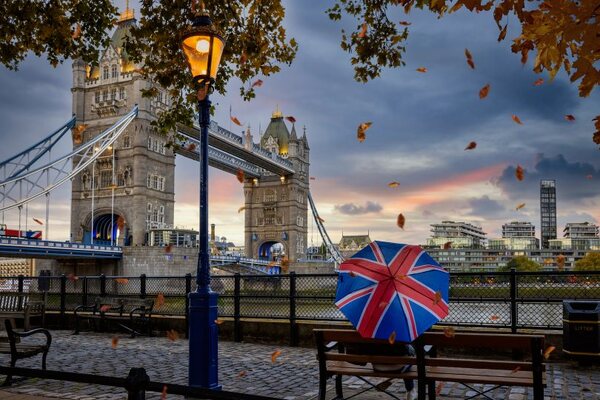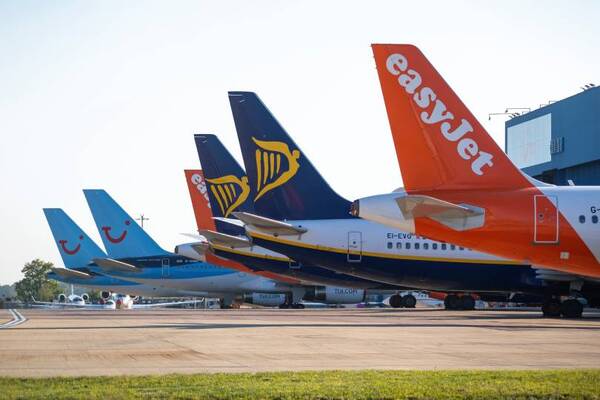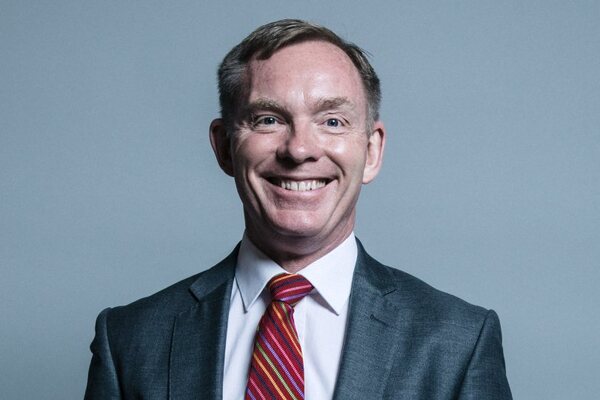Rail fare increases add to consumer worries
 Gary Noakes
Gary NoakesRail passengers in England will see fares rise an average of almost 6% in 2023, adding to cost of living pressure on consumers.
As well as increasing costs to commuters, higher fares will typically see a Heathrow Express standard single ticket rise from £25 to £26.50 and Gatwick Express singles from £18.50 to £19.60. A Bedford to Luton airport single rises from £12.30 to £13.
Since the railways were privatised in 1996, train companies in England have been allowed by the government to increase fares in line with the Retail Price Index (RPI) of the previous July, at a maximum of RPI plus or minus 1%. The formula means fares have risen every year since 1996.
The government argues it has intervened this year to ensure price rises are not in line with double-digit inflation, capping fare increases at 5.9%, below July’s RPI of 12.3%. It said an increase was necessary “to support crucial investment and the financial stability of the railway”.
Fares will increase in March, with January and February rates frozen to enable advance purchase of cheaper tickets.
Transport Secretary Mark Harper said: “This is the biggest ever government intervention in rail fares. I’m capping the rise well below inflation to help reduce the impact on passengers.”
“This is a fair balance between the passengers who use our trains and the taxpayers who help pay for them.”
However, the Business Travel Association slammed the announcement.
BTA chief executive Clive Wratten said: “The rail fare increases from March 2023 are the latest blow to the business travel sector.
"People travelling for work have been hammered by strikes, inconsistent timetables and cancelled trains in the run-up to Christmas, this is another grab for their wallets.
"Whilst it is welcome that the increases are below inflation, it is simply asking the beleaguered traveller to fund inefficiencies across the entire railway network. Domestic travellers deserve better.”
Sign up for weekday travel news and analysis straight to your inbox

Gary Noakes
Supplier Directory
Find contacts for 260+ travel suppliers. Type name, company or destination.















